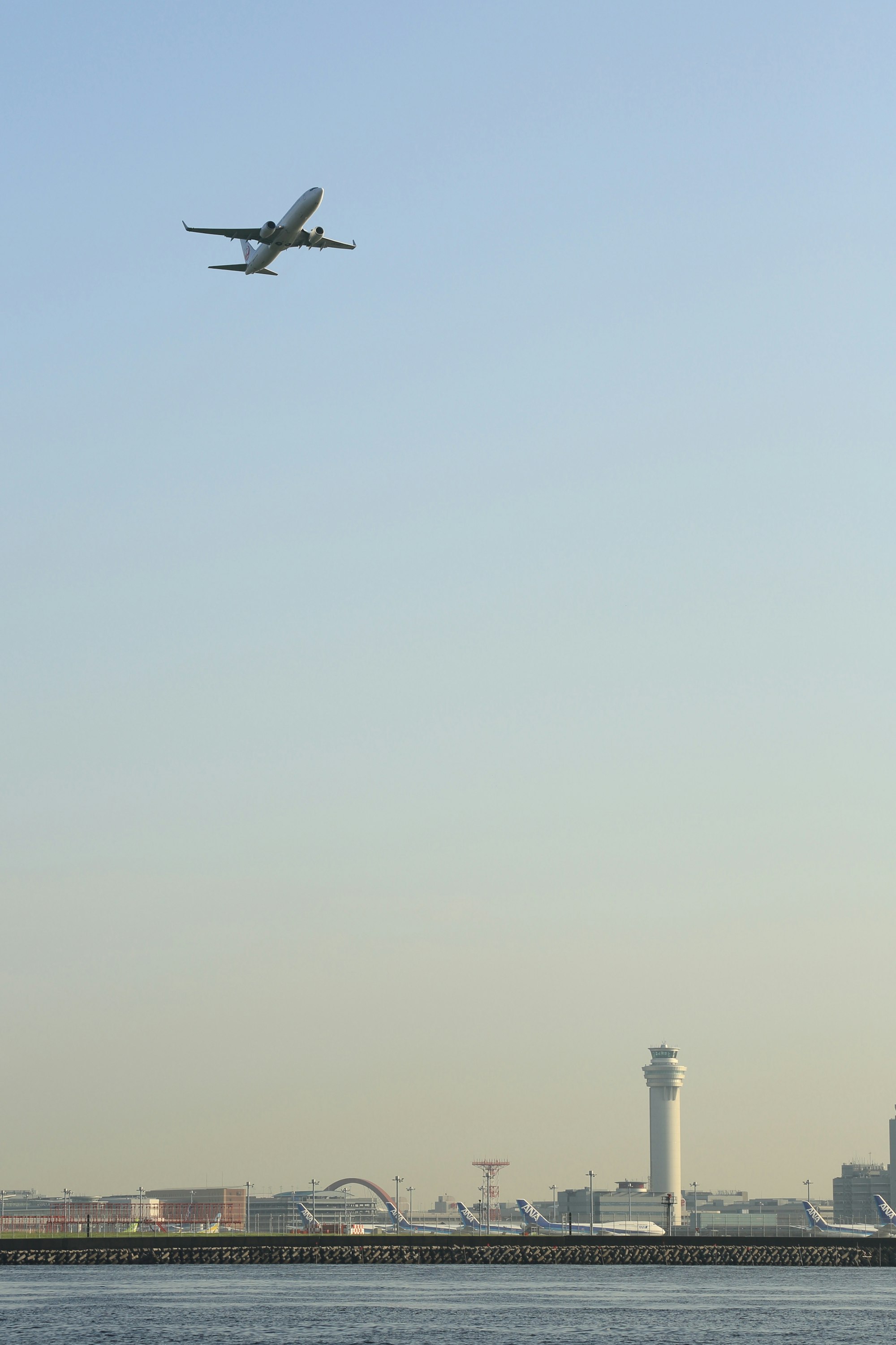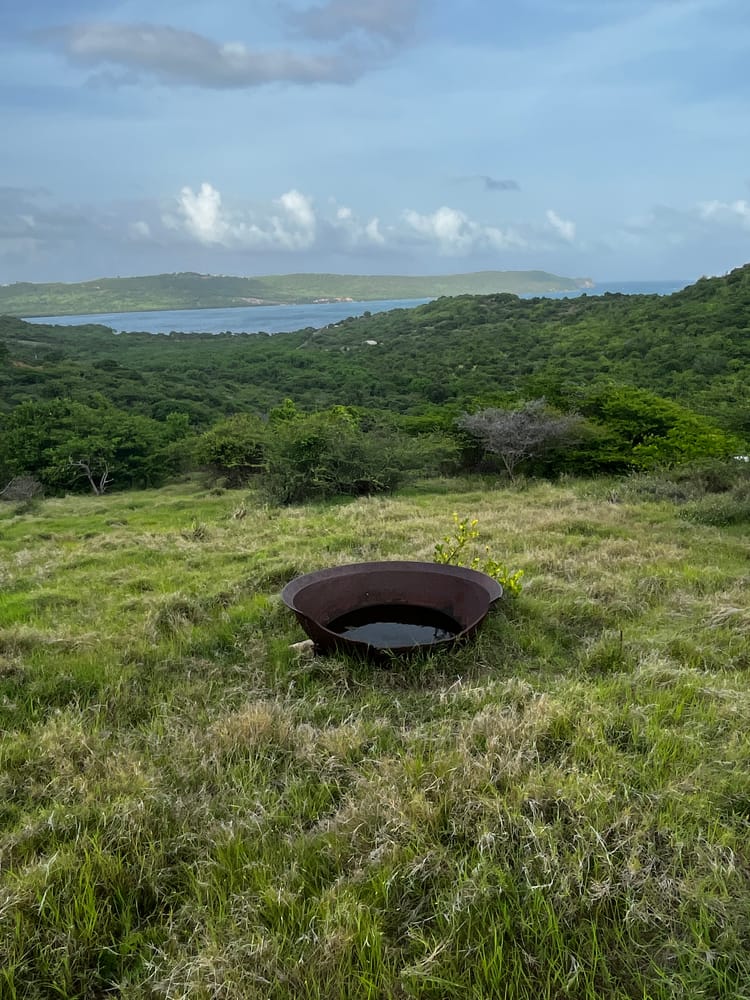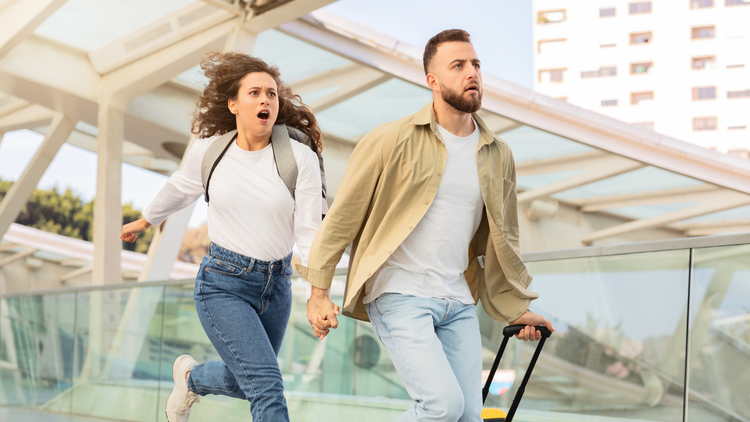Is it safe to fly during the Coronavirus pandemic?

A couple of my friends have been calling me about safe travel during the coronavirus pandemic. One caveat I should mention is that I work at an airport that depends on travelers using it. Consequently, I have some self-interest in seeing travelers back on planes.
However, I need to fly. I am constantly traveling somewhere, whether for business or pleasure. As a result of COVID-19 shelter-in-place edicts, I have not traveled in months like many people I know. We are all eager to get back on a plane and be someplace else.
Most of the early travelers during COVID-19 are among the group called visiting family, friends, and relatives (VFRs). Likely, if one of your family members, friends, or relatives needs you, you will risk traveling to be with them. Also, business travelers who need to save their business may visit, but these are few for now. Most sensible business people focussed on saving money and finding new sources of revenue.
Tourism may return as people like me are eager to get somewhere else after being indoors for a long time. I discussed this in a recent interview with my home country, Antigua & Barbuda. People who still have jobs and fixed-income travelers will likely be the next group traveling. If you are like my friends calling and finding yourself in one of these groups, where you must go on a plane soon, here are 15 points to consider.

How to travel during COVID-19?
Considerations for Easier Travel during Coronavirus Pandemic
- Be patient. When you head to the airport, remember that everyone is going through the same pandemic, not just you. Try to be in a position to help others working at the airport and airlines to take you through your journey safely. Recognize that while you may want to be extra cautious and practice social distancing, that may prove a challenge because some people either don’t believe there is a pandemic for whatever reason, don’t think that social distancing will help, don’t know what 6 feet or 2-meters is without a measuring tape, or miss being in human contact so much they will risk being close to you. Don’t argue or fight. Try to get away as smoothly as you can without confrontation.
- Before traveling, apply for travel insurance. If you can get travel insurance for your journey during the coronavirus pandemic, pay attention to exemptions, or have high deductibles. Typically, this is a good indicator of where the risks are and what’s safe. It would help to weigh whether these risks are worth your need to travel. Note it’s virtually impossible to get insured to travel and have COVID-19-related contagion covered.
- Avoid carrying too much cash. Instead, opt for technology to pay for expenses, like contactless credit cards that let you ‘tap’ to pay.
- You should check in online. Use the airline’s app. Use an electronic boarding pass on your smartphones where security and airlines accept this. Generally, use whatever digital technology you can that reduces all touchpoints for you.
- Take the rapid test before leaving for the airport, if you can. If you test positive, do not travel, even if you feel well. Instead, immediately tell the airline that you tested positive for coronavirus and cannot take the flight. Ask them to re-book your ticket for a later date. Then stay home or seek medical assistance if your symptoms get worse. If you test negative, smile and head to the airport.
- If you are taking a taxi or any form of public transportation, wear a mask. Ideally, wear disposable gloves too, or at least remember to keep your hands from your face and wash them the first chance you get at the airport. If you wear gloves, remember to grab them from the inside rim to remove them. Wear your mask over your mouth and nose. Often you see people wearing theirs under their nose, over their mouth, and, worse, under their chin.
- Some countries either have or are developing peer-to-peer apps that can tell you if you are too close to someone who may be high risk, while others have apps that signal if you are close to someone infected with the coronavirus. My last smartphone update downloaded such a feature that you can turn it on and off. You could try these apps if you are okay with travel AI tracing of COVID-19 at airports.
- Plan your movements. Ensure you move around at a minimum level to be safe during the coronavirus pandemic. If you decide to go to eat, make sure you use the restroom along the way to avoid double-tracking. There are more risks of spreading the virus as people move around.
- Some airports practice ‘journey mapping’ to collect data on each stage of the journey and have various partners – Check-in agents, security, baggage agents, and customer service agents, all trained and in-tuned with the needs of passengers. Look at the websites of airports to see what measures they are taking for your safety.
- Check airline readiness for safe travel by reviewing their websites for coronavirus pandemic responses. Most airlines are deep cleaning their aircraft between flights and requiring staff and crew to wear masks/face covers, gloves and face screens, and plexiglass at check-in counters to separate passengers from check-in agents, and the same insecurity as for customs on arrival.
- Take your blankets and whatever you need to make your travel comfortable for safe travel during a coronavirus pandemic. Take your wipes.
- Avoid alcohol immediately before the flight and during the trip. Some travelers may think this helps them relax, and maybe it does, but most people’s emotions heighten when imbibed. So if you are happy, you may get extra delighted, but the same happens if you are nervous or mad. Best to be in full control during travel.
- Be sure to travel with your hand sanitizer. Also, make sure your containers adhere to TSA’s 3-1-1 liquids rule.
- Check your destination (airport, taxi/rideshare services, hotels, restaurants) before travel to make sure they have safety procedures. Some countries require you to be tested before your flight and prove that you are negative before boarding. Others could quarantine you for two weeks and check you on arrival. Countries have a right under international and domestic law to protect their citizens from harm and implement whatever rule does that. WHO has some guidelines that governments may find helpful.
- Finally, try to stay calm throughout your journey. It could be stressful for you as well as for others around you. This virus is contagious, and there is little guarantee anyone can give you that you are 100% safe. But common sense tells us that precautions offer the best opportunity to be safe.







Member discussion